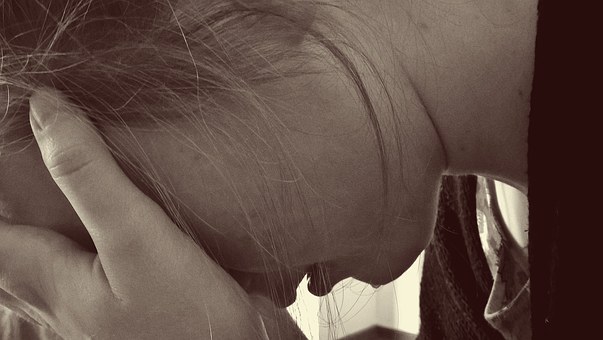In the wake of this past week’s headlines announcing the deaths of Anthony Bourdain and Kate Spade, two individuals who were loved and admired by many, I’ve been reflecting on the subject of loss – in all its many forms. From the death of a loved one, to a breakup, a layoff at work, or even an unexpected illness, life comes with its fair share of loss. Depending on your personality, experience and the support network you have in place, everyone is wired to handle loss differently. That being said, some people choose to cope in healthier ways than others.
Here are few things to keep in mind:
Remember that it’s okay to feel sad. When dealing with loss, give yourself some time to feel sad. An important step toward healing is recognizing that you didn’t want things to turn out the way they did. It’s completely appropriate to cry, scream, go for a run, or do whatever you need to do to release your sadness and anger – providing that it’s not destructive. If you spend all your time trying to stifle or numb your pain, you’ll just prolong it.
Treat yourself gently. Your healing will not take place overnight. Take time to process your hurt and learn how to live in your new reality. Getting frustrated or choosing harmful outlets will only worsen your pain. Focus your efforts instead on self-care. Sleep, eat healthy foods, go for a walk, buy fresh flowers, take a hot bath, read a good book, grab a drink with a friend, relax and breathe.
Learn to slowly move on. While it’s important to be patient, keep in mind that healing is the end goal. Wallowing in prolonged self-pity will not propel you forward. Practice finding joy and purpose wherever you can. If you’re grieving the death of a loved one, find a meaningful way to honor that person. If it’s the loss of a career, use the opportunity to examine your skills and work toward a new job. Or, if it’s the end of a relationship, remember the happiness it brought you and use the negative aspects as stepping stones for a new love.
Avoid major decisions. Now is not the time to make rash decisions. I always counsel my clients to hold off on any major life changes until they have taken the time to fully realize and deal with their loss. While it may feel like a change is what you need, you’re not in the right mental state and may regret it later.
Lean on others. Instead of retreating, think of your grief as an opportunity to reach out and allow others to love you. Spend time with people who are compassionate and understanding, and accept help when it’s offered. Talking about your suffering helps others open up about their loss, which in turn can deepen your relationship with them.
David Lowenstein, Ph.D. is a psychologist and the clinical director of Lowenstein & Associates, Inc. in Columbus, Ohio. In addition to providing therapeutic services to individuals and families, he offers training and consultation to numerous associations, schools and agencies around the country. Additionally, he is a frequent radio and TV guest and a resource and contributing writer for numerous newspapers and magazines nationwide. Contact Dr. David Lowenstein at 691 South Fifth Street, Columbus, Ohio, 43206, or call 614.443.6155 or 614.444.0432.


